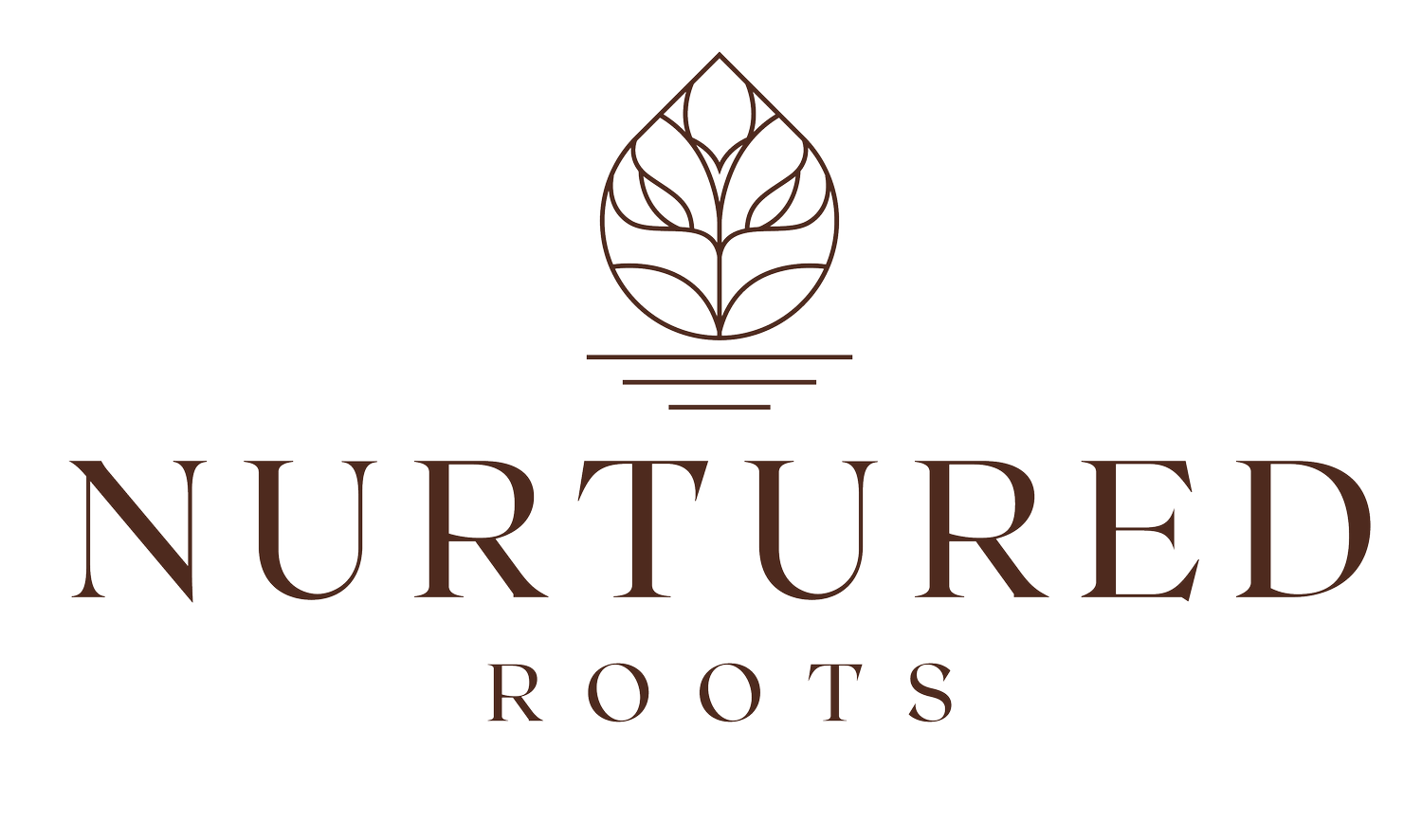Integrative Medicine
Integrative medicine is a healthcare approach that combines conventional medical treatments with evidence-based complementary and alternative therapies to address all aspects of an individual's well-being—physical, emotional, mental, social, and spiritual. It emphasizes a holistic, patient-centered approach to health and healing, focusing on the whole person rather than just their disease or symptoms.
Key Principles of Integrative Medicine:
Holistic Care: Acknowledges the interconnectedness of body, mind, spirit, and community in achieving optimal health.
Patient-Centered Approach: Builds a therapeutic partnership between the patient and the provider, where the patient actively participates in decision-making and care planning.
Evidence-Based Practices: Utilizes scientifically validated complementary and alternative therapies alongside conventional treatments.
Focus on Prevention: Emphasizes lifestyle modifications, preventive care, and wellness to reduce the risk of disease and promote long-term health.
Personalized Treatment: Tailors interventions to meet the unique needs, preferences, and circumstances of each patient.
Collaboration: Encourages teamwork among a multidisciplinary team of healthcare providers to ensure comprehensive care.
Examples of Therapies in Integrative Medicine:
Conventional Treatments: Medications, surgery, and diagnostic interventions.
Dietary Interventions: Specific therapeutic diets or general changes in dietary patterns focusing on inclusion of whole foods, plants, healthy fats and proteins.
Supporting Gut and Microbiome Health: Using predominantly dietary and non-pharmaceutical interventions to help restore and/or support a robust and diverse gut microbiome and healthy gut function.
Complementary Therapies: Acupuncture, Nutraceuticals and supplements, chiropractic care, herbal medicine, and massage therapy.
Mind-Body Techniques: Meditation, yoga, mindfulness, biofeedback, and clinical hypnosis.
Lifestyle: Personalized dietary counseling, exercise/movement plans, and stress management techniques.
Goals of Integrative Medicine:
Improve quality of life.
Enhance healing and resilience.
Address chronic conditions and manage symptoms.
Promote overall wellness and prevention.
Integrative medicine is widely used in managing chronic illnesses, pain, mental health conditions, and stress-related disorders. It is practiced in various settings, including hospitals, outpatient clinics, wellness centers, and private practices.
Disclaimer: This definition was created with help from ChatGPT. It was thoroughly reviewed and edited by myself prior to publishing

